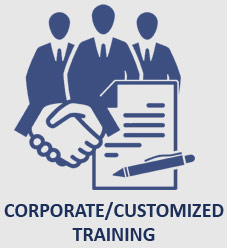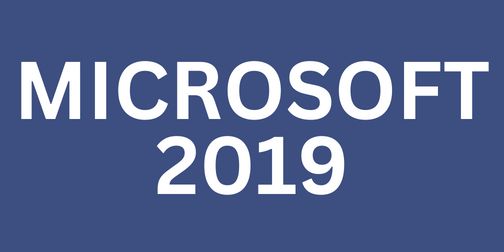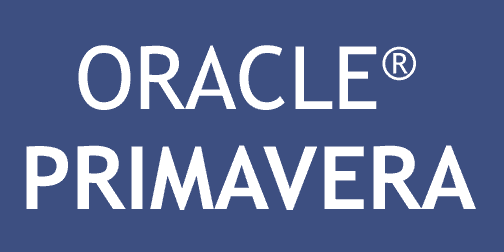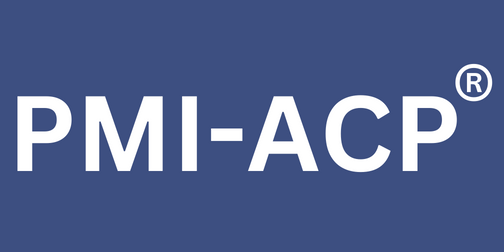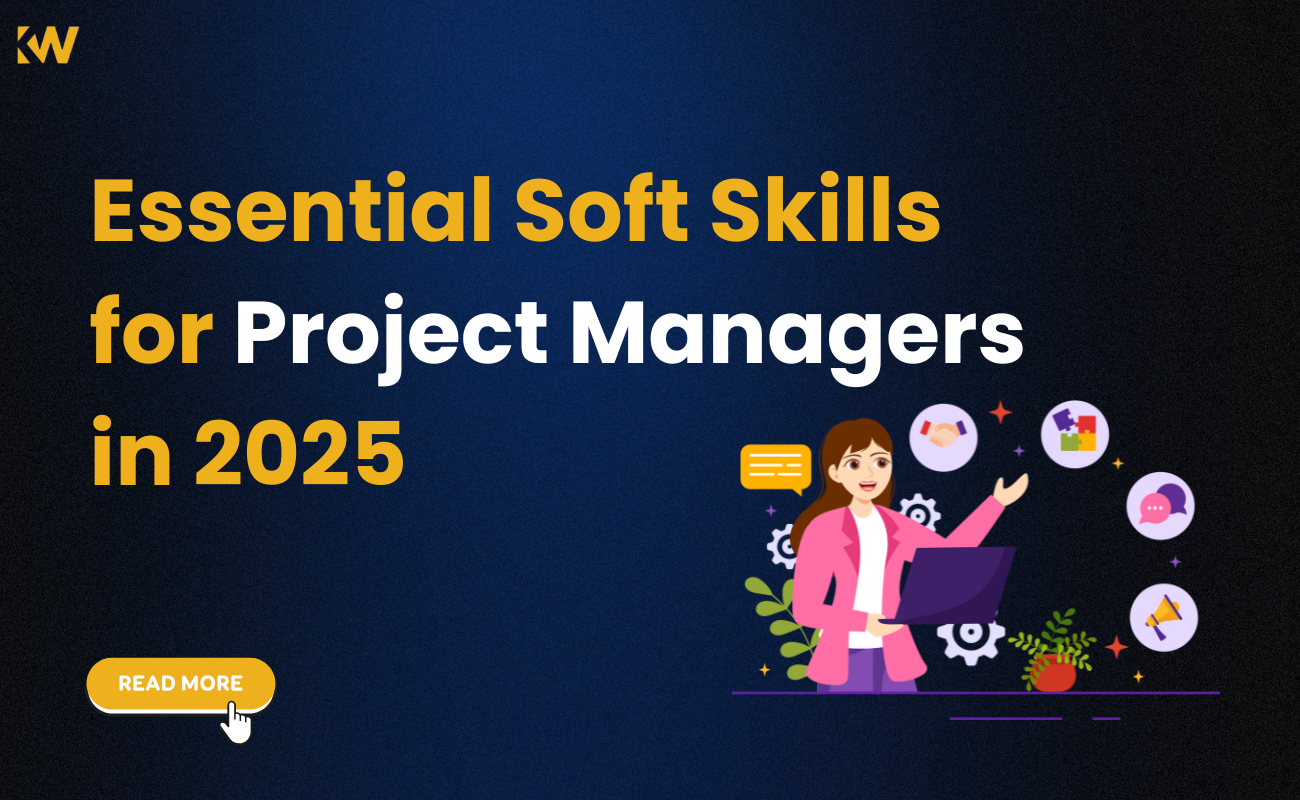
Top Soft Skills Every Project Manager Must Have in 2025
Posted On February 21, 2025 - 12:51 PM
Introduction
The job of a project director has always been a demanding one that requires a combination of technical knowledge and interpersonal capabilities. In 2025 the workplace continues to develop with multi-disciplinary work environments with AI-driven tools for project management and agile methods Soft abilities are more essential than ever before. While technical expertise can help manage projects, it's the soft skills that are the key to successful project completion through seamless collaboration, efficient communication, and effective leadership.
We'll discuss the most important soft skills that each project manager needs by 2025 to remain in the game, be efficient and master the complexities of modern-day project management.
1. Leadership & Emotional Intelligence
Why It Matters
Project managers are not only accountable for completing tasks but also to inspire groups, solve conflicts and sustain motivation. emotional intelligence (EQ) assists project managers in comprehending the emotions of their team members and responses which allows them to establish trust and create a positive workplace culture.
How to Develop This Skill
-
Active listening: Listen to the concerns and opinions of your team before responding.
-
Learn empathy: Learn to recognize diverse perspectives and be a part of your team's struggles.
-
Increase self-awareness: Reflect regularly on your management style and how it impacts your group.
-
Facilitate collaboration among teams: Team members to take responsibility for their tasks.
Real-World Example
A PMP-certified project leader at an IT startup realized the team member was performing poorly. Instead of disciplining the employee, he conducted an individual conversation with them, revealing personal difficulties that affected their work. Through providing flexibility and emotional support the employee was helped to gain motivation and ultimately improve productivity of the project.
2. Effective Communication
Why It Matters
Project managers act to act as an intermediary between the stakeholders as well as team members and customers. Ineffective communication could confuse, miss deadlines and even conflicts. In 2025, when hybrid and remote teams become the norm the need for clear and concise communication will become even more important.
How to Develop This Skill
-
Utilize multiple tools for communication: Slack Zoom along Microsoft Teams to facilitate seamless collaboration among teams.
-
Be concise and clear: Use jargon to make sure messages are easily understood.
-
Transparency is a must: Make sure that stakeholders are informed about progress and issues.
-
Enhance non-verbal communication: Body language, tone and eye contact are crucial in video or face-to-face meetings.
Real-World Example
A project manager in a team that was distributed across the globe was plagued by miscommunication caused by various time zones. To combat this problem, he implemented asynchronous communication methods and ensured that all meetings were recorded to reduce confusion and increase effectiveness.
3. Adaptability & Change Management
Why It Matters
Methodologies, tools and techniques for managing projects and market requirements change quickly. In 2025, project managers will need to be able to adapt to the latest technologies, changing priorities and unexpected obstacles. If they aren't, they will be unable to keep projects on course.
How to Develop This Skill
-
Stay up to date with current trends in the field: Keep track of best practices for project management as well as technological advances.
-
Accept the uncertainty: Develop a mental model that sees changes as an opportunity, instead of an obstacle.
-
Promote a fluid working environment: Be flexible to changing workflows in response to changing requirements of the project.
-
Learn from the mistakes: Examine setbacks to the project and make improvements.
Real-World Example
A project manager for retail was in charge of the launch of an online shopping platform as AI-driven automation was replacing scheduled manual procedures. Instead of restraining this change, she upgraded her skills in AI process management. She incorporated automation into the plan of work which ensured effectiveness as well as cost reductions.
4. Conflict Resolution & Negotiation
Why It Matters
In every project, conflicts will arise regardless of whether they are between the team members, clients or other stakeholders. A good project manager must be able to solve disputes effectively while maintaining a positive working environment.
How to Develop This Skill
-
Be objective and neutral: Be open to the opinions of all parties before making any judgments.
-
Facilitate open discussion: Create a positive environment where employees feel comfortable sharing their worries.
-
Learn negotiation strategies: Learn to weigh the interests of all the parties in a dispute.
-
Find win-win solutions: Find compromises that meet the needs of all parties.
Real-World Example
A project manager from an engineering firm was confronted with an intense dispute between the teams of design and execution over budgetary limitations. He made sure that the project was in line without sacrificing quality. He did this by hosting an open discussion, focusing on the team's priorities and negotiating a compromise.
5. Time Management & Prioritization
Why It Matters
Project managers are responsible for numerous tasks, deadlines and expectations of stakeholders. in 2025 the ability to manage time effectively will be crucial when managing complex projects, while avoiding burnout and ensuring that the project is completed on time.
How to Develop This Skill
-
Utilize project management tools: Trello, Asana and Monday.com will help you efficiently track your tasks.
-
Prioritize your tasks with frameworks: like the Eisenhower Matrix (urgent vs. vital) helps to focus attention on work that is high-priority.
-
Do not allow micromanagement: Delegate tasks based on team strengths.
-
Make realistic timeframes: Don't over-commit to deadlines that are impossible to meet.
Real-World Example
A project manager for software struggled to meet deadlines because of numerous last-minute changes. He improved the process of prioritising tasks through the implementation of Agile cycles and weekly retrospectives and improved productivity by 30 per cent.
6. Decision-Making Under Pressure
Why It Matters
Projects are rarely as well-planned Project managers have to make quick, data-driven and fast decisions when under stress to stay clear of costly errors and delays.
How to Develop This Skill
-
Utilize data-driven insights: Make educated choices instead of relying upon the whims of your fingers.
-
Consider risk management strategies: Anticipate potential risks before making decisions.
-
Use your guts: Have confidence in making informed choices.
-
Stay calm when under stress: Step back, think about the situation, and then respond rationally.
Real-World Example
A marketing project manager was required to decide on whether to launch a new product amid a public relations crisis. After speaking with the stakeholders and analyzing the public's sentiment and consumer sentiment, she decided to postpone the launch by one month, allowing the business to rebuild trust with the public and carry out a successful marketing campaign.
7. Stakeholder Management & Relationship Building
Why It Matters
Projects involve multiple stakeholders--executives, team members, clients, and vendors. Effectively managing these relationships ensures an efficient project's implementation and long-term viability.
How to Develop This Skill
-
Know the expectations of stakeholders: Establish specific goals and expectations.
-
Transmit project-related benefits: The project's goals should be aligned with business goals.
-
Transparency is the key to building trust: Be open about your project's challenges and the progress made.
-
Engage with stakeholders frequently: Check-ins regularly with status update.
Real-World Example
A project manager working in the health sector was able to manage relationships with vendors, which ensured a prompt supply of medical equipment in the crucial stage of expansion.
8. Creativity & Problem-Solving
Why It Matters
Project managers must think out of the box to deal with unexpected obstacles and improve project results. As automation manages repetitive tasks, innovation is likely to be the key factor in determining success.
How to Develop This Skill
-
Inspire brainstorming sessions: Create a team environment where creative ideas are encouraged.
-
Explore new methods: Explore innovative methods before removing them.
-
Learn from different industries: and adopt successful strategies from other industries.
-
Take advantage of design thinking: Solutions to problems can be found through user-centric strategies.
Real-World Example
A project manager at an event transformed an event's budget-related issue into a chance with eco-friendly, low-cost options for decor, enthralling both clients and guests.
Conclusion
The role of a manager in 2025 is more than just technical knowledge. It requires leadership, flexibility as well as communication and creativity to navigate the ever-changing landscape of project management. Through the development of these soft abilities project managers will be able to increase team cohesion, tackle issues effectively, and ensure the success of their projects.
Are you looking to elevate your career in project management to the next step? Make sure you invest in developing your soft skills in addition to technical skills to be a leader in your area.
Do you think that this is the most important thing for Project managers by 2025?
Check Out This Blog : AI is a better choice than. Human Decision-Making Project Management: Who Wins?











